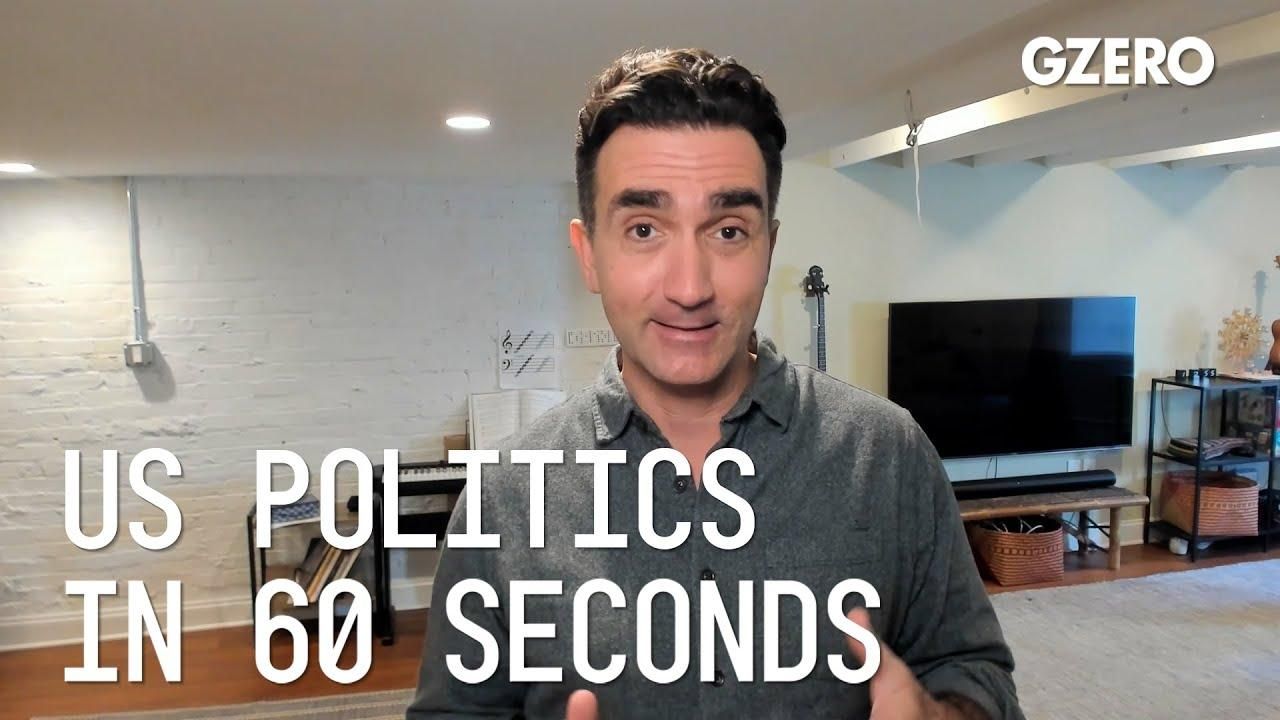
Jon Lieber, head of Eurasia Group's coverage of political and policy developments in Washington, DC shares his perspective on US politics.
What will the Ukrainian president's visit to Washington this week accomplish?
Ukrainian President Volodymyr Zelensky is meeting with President Biden in Washington this week and addressing a joint session of the US Congress, his first known trip out of the country since the beginning of the Russian invasion last February.
This visit is more than a symbolic one, as bipartisan support for Ukraine has been the key to the more than $60 billion in military and humanitarian assistance the US has provided to Ukraine since the beginning of the war, far more than any other country and a key ingredient in helping the Ukrainians resist the invasion. Zelensky is going to get more commitments from the US this week, including a Patriot missile system to help them shoot down Russian attacks on civilian infrastructure and an additional $45 billion in military and humanitarian aid that is designed to last through at least the end of Q3 next year.
This massive aid package, which comes on top of three aid packages already approved in March, May, and September, is likely to be the last new American commitment for some time. Congress is entering a period of divided government next year, which means that generally, not a whole lot's going to get done. The next realistic place for lawmakers to do more for Ukraine, if the Ukrainians need it, will be next September when the Biden administration is likely to be dealing with several issues that are all going to mature at roughly the same time late in the summer.
An ongoing humanitarian migrant crisis at the border, the need to fund the government for fiscal year '24 and increase the country's borrowing limit and a possible US recession induced by interest rate hikes that could lead to calls from lawmakers to deliver support for a flagging US economy. This means the next most important inflection point to test the durability of the US commitment to Ukraine is likely to come late next summer. And this commitment will be challenged by Republican lawmakers who see the US sending money overseas but not securing the southern border, and by Democratic lawmakers who will question why more isn't being done to fight a potential economic slowdown here.
The administration is currently pledging to support Zelensky for as long as it takes to win the war. But given the enormous expense of this effort, they will need an ongoing political commitment that will be tested next year. Russia is no doubt aware of these dynamics, as it attempts to weaken the civilian infrastructure of Ukraine during a cold winter and break down morale. And who ultimately wins the war will come down to the country that has the wherewithal and the resources to endure a long conflict.
- Three hundred days of war in Ukraine ›
- The Graphic Truth: Who's arming Ukraine? ›
- Is US support for Ukraine waning? ›
- Will the 2022 midterms affect US support for Ukraine? ›
- Zelensky tells Congress US aid is only path to war resolution - GZERO Media ›
- Ian Bremmer: US support for Ukraine vs fear of Russian escalation - GZERO Media ›
- Biden’s visit to Ukraine signals US commitment, but war gets tougher - GZERO Media ›